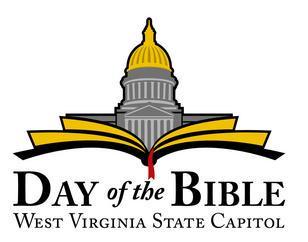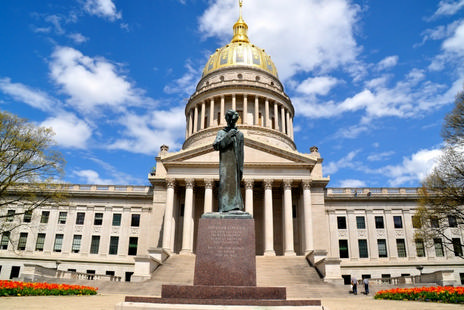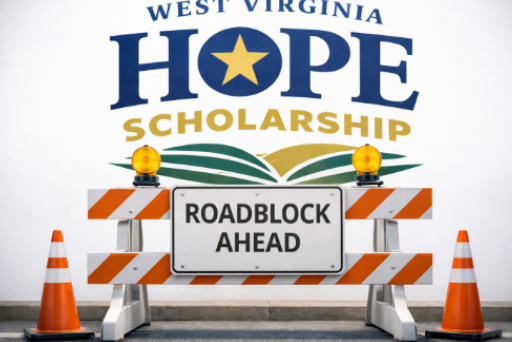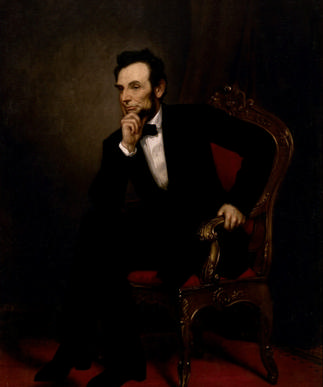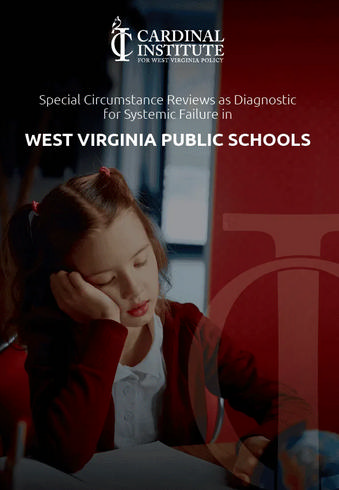Rising to the Educational Challenge
The massive opportunity of "microschools" for WV churches

In the picturesque hills of West Virginia, the winds of educational reform are stirring opportunities for communities, especially churches, to reimagine their role in shaping young minds. The convergence of expanded school choice programs, exemplified by the Hope Scholarship, and the mounting strain on private schools’ capacities presents a moment of great promise and responsibility. For churches, the establishment of microschools offers a chance to address these challenges while fostering their mission of service and discipleship.
The Hope Scholarship: A Game-Changer for West Virginia Education
The Hope Scholarship, enacted in 2021, has become a cornerstone of educational choice in West Virginia. It provides families with financial resources—up to nearly $5,000 per student annually—to cover private school tuition, homeschooling expenses, or other educational costs. Initially limited to specific student groups, the program is set to expand by 2026, encompassing all school-age children regardless of their previous educational background. Recent modifications have also extended eligibility to children of military families, highlighting its inclusivity and adaptability.
In the 2023-2024 school year, over 6,000 students benefited from Hope Scholarships, with nearly 7,000 applications submitted. The program redirected more than $30 million in public funds toward non-public education, underscoring the increasing demand for alternatives to traditional public schooling.
Capacity Challenges in Private Schools: The Case for Microschools
The expansion of school choice programs has led to unprecedented enrollment growth in private schools nationwide, raising concerns about their capacity to meet the demand. A 2023 survey by the Cato Institute revealed that 46% of private schools experienced enrollment increases between the 2022–2023 and 2023–2024 school years. This trend is not limited to West Virginia; similar surges have been noted across the country.
For example:
- In Ohio, the EdChoice Expansion scholarship program nearly doubled its participation, increasing from 83,000 students in 2022–2023 to 151,000 in 2023–2024 (Dayton Daily News).
- In Florida, private school enrollment grew by 14% in recent years, highlighting significant capacity challenges (EdChoice).
Reports from regions such as Ohio and Florida suggest that the capacity strains on private schools are real. According to The New Yorker, Ohio's expanded voucher program spurred not only increased tuition but also the establishment of new institutions to meet growing demand. Similarly, churches in Florida and Ohio have stepped in to create new Christian schools, reflecting the growing interest fueled by expanded voucher programs.
West Virginia's private schools, though benefiting from the Hope Scholarship, are likely experiencing similar pressures, making the case for alternative solutions like microschools increasingly compelling.

Microschools: A Tailored Educational Approach
Microschools, with their small class sizes and personalized learning models, provide an innovative solution to the challenges posed by increased enrollment and capacity constraints in traditional private schools. Churches are uniquely positioned to lead in this effort, leveraging their facilities, community trust, and faith-based mission to create environments where students can thrive.
Key Advantages for Churches Starting Microschools:
- Efficient Use of Space: Churches often have underutilized classrooms or fellowship halls during weekdays. Converting these spaces into learning hubs is a cost-effective way to address local educational needs.
- Faith-Centric Education: Microschools allow churches to integrate biblical principles and values into the curriculum, offering families an education that aligns with their faith.
- Community Trust: Churches are longstanding pillars of their communities. Their involvement in education fosters deeper relationships with families and provides a trusted alternative to public and traditional private schools.
- Funding Access: Programs like the Hope Scholarship empower families to choose private education without the financial burden, making church-affiliated microschools a viable option for many.
Challenges and Considerations
While the opportunities are significant, churches must carefully navigate the challenges of establishing microschools:
- Regulatory Compliance: Churches must ensure adherence to state educational standards and accreditation requirements to maintain legitimacy and attract families.
- Curriculum Development: Creating a high-quality curriculum that balances academic rigor with faith-based teachings is essential.
- Staffing and Training: Attracting qualified educators who share the church’s mission requires intentional recruitment and ongoing support.
- Financial Planning: While the Hope Scholarship provides a funding stream, initial investments in materials, staffing, and facility upgrades require careful planning.
A Call to Action
West Virginia stands at the threshold of an educational transformation, and churches have a unique role to play in shaping the future. By embracing the microschool model, churches can address the rising demand for private education, alleviate capacity strains on traditional schools, and provide families with values-centered learning environments.
This moment calls for visionary leadership and steadfast commitment to excellence. Churches willing to rise to the challenge will not only meet the immediate educational needs of their communities but also lay the foundation for generations of students grounded in faith, knowledge, and purpose. The opportunity is clear, and the time to act is now.

HGN Staff
His Good News magazine seeks to unite and empower parents, educators, legislators, and voters in West Virginia to support and advance Christian education, religious freedom, and conservative values. By fostering a strong Jesus-based foundation within our communities, we can influence legislation, protect religious freedoms, and ensure that our children receive a quality Christian education.




